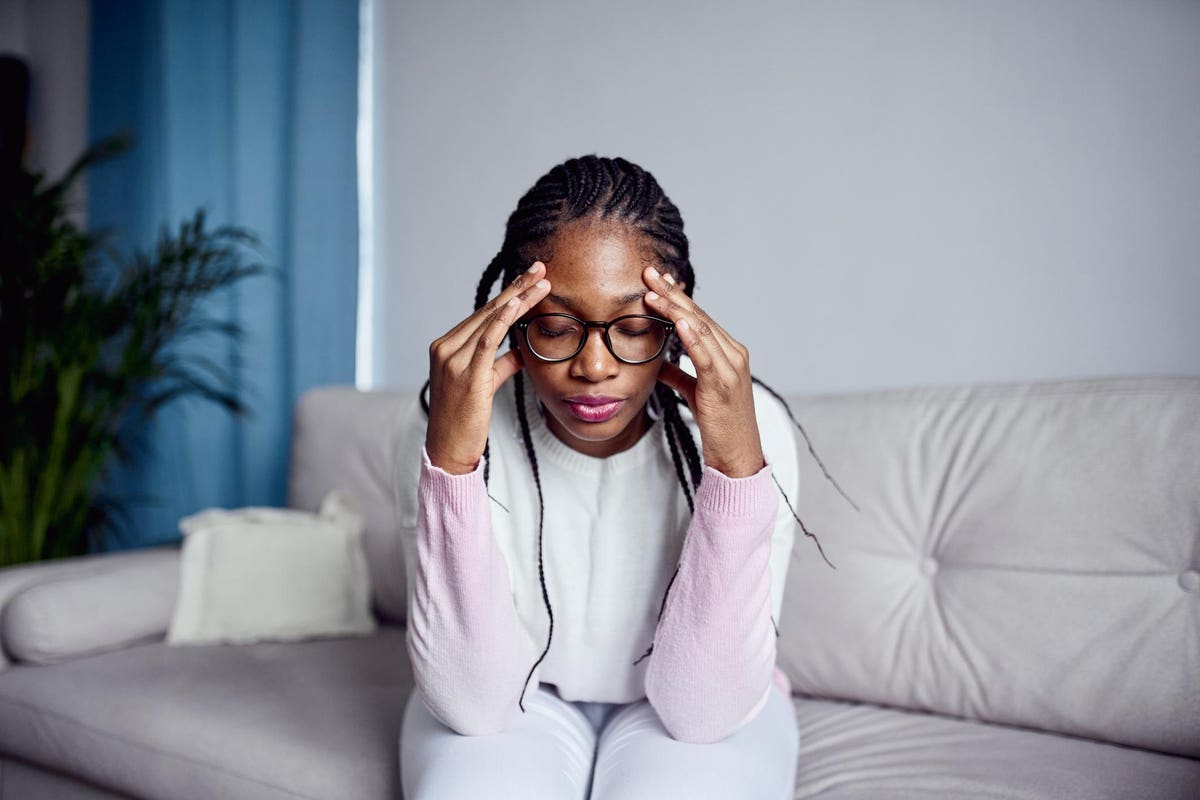According to research, 80% of Black women will develop uterine fibroids, which are noncancerous tumors, by the age of 50. July is Fibroid Awareness Month—a time to amplify those suffering from uterine fibroids. USA Fibroid Centers reported in June that Black women are more likely to develop fibroids, and at an earlier age, compared to their counterparts What is the toll of uterine fibroids on Black women? What does support look like for those dealing with fibroids? Four Black women shared their experiences and offered advice for workplaces to address this pervasive issue.
“I never knew what was truly wrong with me until I was in my 30s,” shared one 35-year-old healthcare worker, who asked to remain anonymous. “I always had very heavy periods and considered it the norm but didn’t start feeling strange hormone changes until after I was pregnant and ended up in the ER from blood loss. With fibroids, I had mood swings, painful cramps, brain fog, chronic anemia, nausea, embarrassing accidents, fainting spells, and just felt miserable.” In 2020, after undergoing a myomectomy, which is a procedure to remove uterine fibroids, her symptoms returned in 2021. “I had a fainting spell and was tired of trying hormones so I opted for a hysterectomy.”
Kim Crowder, 42, found out she had fibroids in college. “Having my first surgery in my late 20s, I have been through a total of five fibroid surgeries,” explained Crowder, who is a workplace culture and leadership consultant. “Not only were my periods excruciating, but I also experienced severe bleeding, got two blood transfusions and iron infusions, and lost time at work and with family and friends, not to mention how costly surgery was.”
Workplace consultant Minda Harts, 40, shared “the size and location of my fibroids made my menstrual cycle more frequent and heavier than before—with increased cramping…fibroids have impacted weight gain in my abdominal area [and] fibroids have impacted my ability to have children naturally. I have been advised to have a partial hysterectomy.”
For DEI consultant Janelle Benjamin, 46, fibroids impacted her birthing experience. “I found out I had five fibroids all around my baby, which was extremely worrisome…there wasn’t anything that I could do about it, but it was competing for blood with my baby. Thankfully, I delivered a healthy baby without consequence and my fibroids reduced on their own after giving birth. I have not had to do anything about them since.”
By the age of 35, 60% of Black women will have fibroids. After the discovery of fibroids, many Black women are steered towards hysterectomies, even though there may be less invasive options available. There isn’t enough conversation about how fibroids can impact workplace experiences and how much time may be taken off from work to deal with fibroid symptoms. “Black women may be more absent from work due to painful periods or need to take a medical leave to treat them” shared Benjamin.
What does workplace support look like for Black women dealing with fibroids? Adequate insurance coverage can play a vital role in Black women’s experiences. “Ensure that insurance covers this care and that preventative yearly gynecology exams are standard, including imaging, if necessary,” shared Crowder. The promotion of work-life balance could also be a critical component to support. “Black women may be more absent from work due to painful periods or need to take a medical leave to treat them…encourage leaders to support their Black female employees who may also be dealing with mental health concerns as a result of having fibroids,” Benjamin advised.
“Employers can help raise awareness,” shared Harts. “[Provide] educational materials and workshops about overall health, including fibroids, because they impact women.” Creating a workplace culture that promotes flexibility can also be a critical way to support Black women. “Managers should not have discussions about staff performance, attendance or behavioral expectations when an employee says she needs time off to deal with this medical issue,” indicated Benjamin. “Instead, they should provide help with workloads, mental health supports like [employee assistance programs], and offer flexible solutions so Black women can take the time they need.”
Read the full article here





